(ECNS) -- Based on the principle of "planning together, building together and benefiting together," the Belt and Road Initiative (BRI) has boosted all-round connectivity and mutual development among participating countries over the past decade and sent a clear signal for jointly writing a new chapter in the following years.
So far, the initiative proposed by China has attracted more than 150 countries and over 30 international organizations to sign Belt and Road cooperation documents.

"I think the BRI has given a strategic option to countries that the way forward is not a Cold War, not containment, not conflict. The way forward is connected with cooperation, working together, being inclusive, win-win cooperation," said Mushahid Hussain Syed, chairman of Pakistani Senate's Defence Committee and also former chair of the Parliamentary Committee on CPEC.
"The concept that China has put forward through the BRI will serve as an essential contribution to the modernization of China and bring benefits to the world," said Shankar Pokhrel, general secretary of the Communist Party of Nepal.
Pokhrel's views were shared by President of the Malaysia-China Friendship Association Dato Abdul Majid, who hailed the BRI’s important role in global cooperation, saying it demonstrated the spirit of mutual benefit and win-win results.
Nalinee Taveesin, chairperson of Foreign Affairs of Pheu Thai Party, pointed out that the initiative has brought new opportunities for participating countries to jointly develop their transportation infrastructure, which enables future cooperation.
The participating countries are committed to upholding the principles of openness and inclusiveness, and working together to develop a new model of cooperation based on win-win outcomes, shared responsibility, and collective participation.
The BRI has become a transformative force fostering economic development, trade and cooperation among nations, said Anouar Chetoui, chief representative for the Tunisian Tourism Office in China.








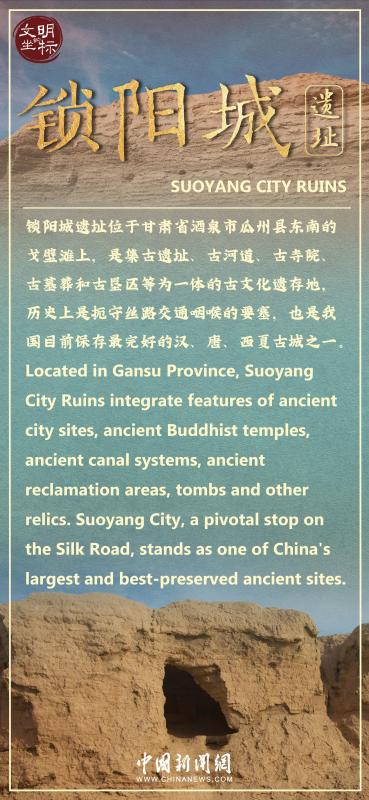
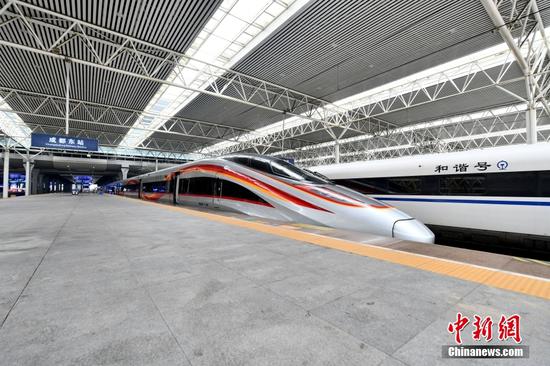





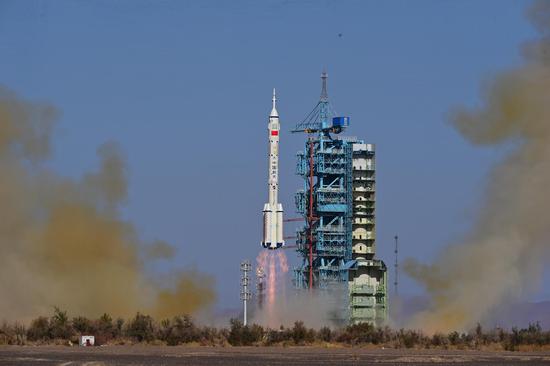
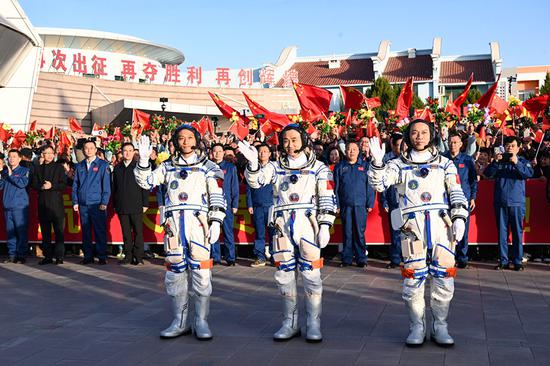
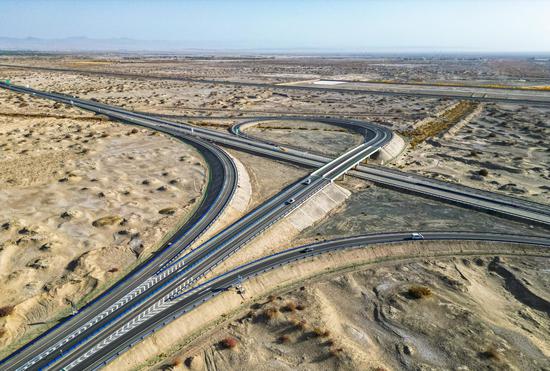

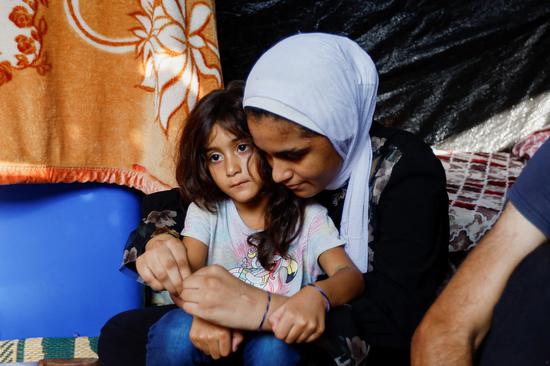

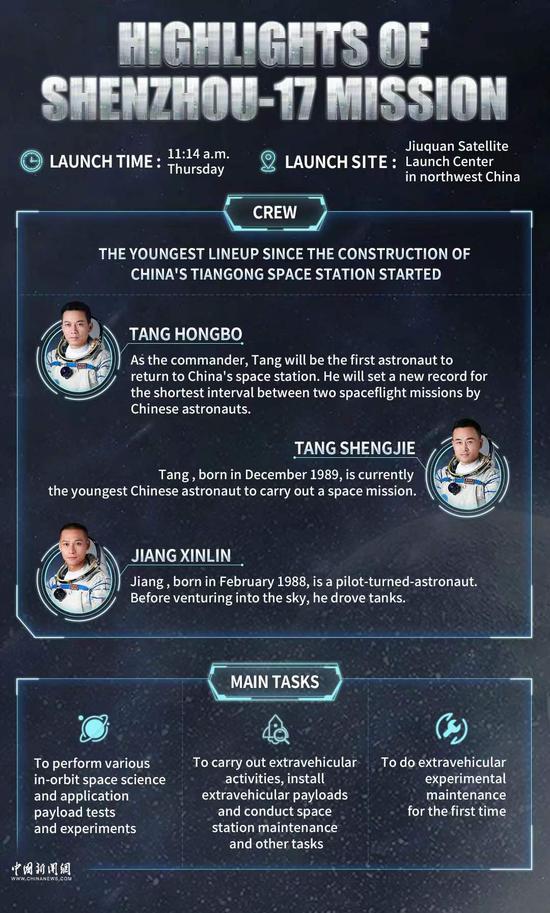
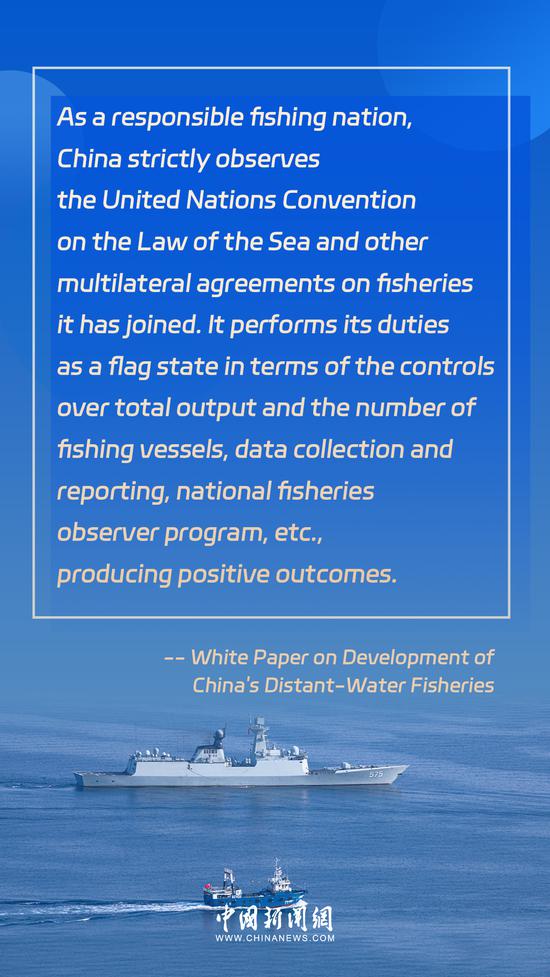

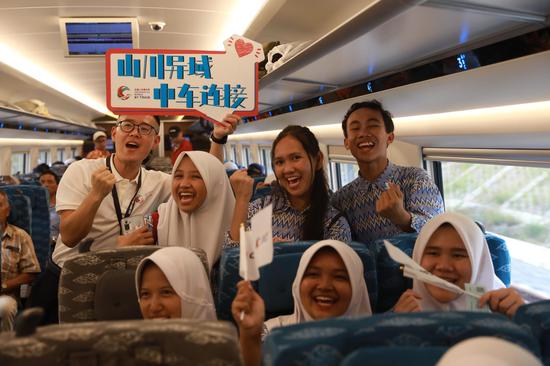
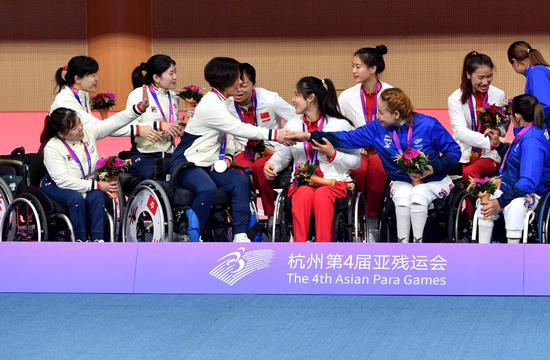

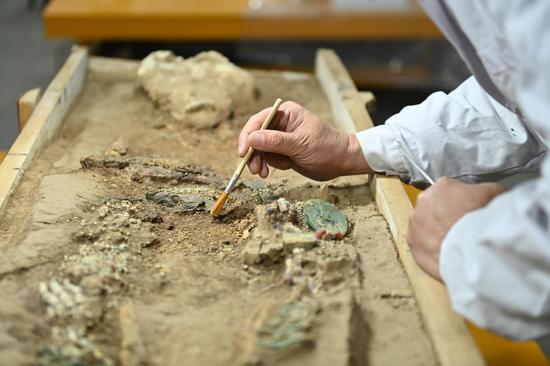



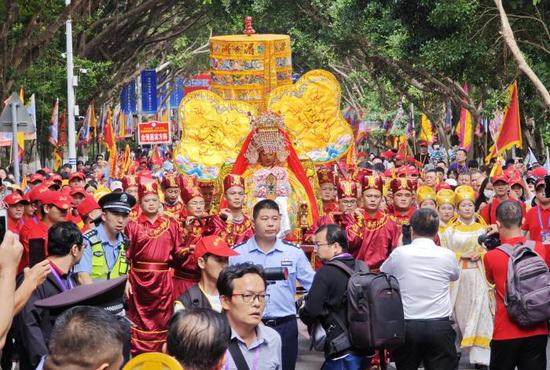

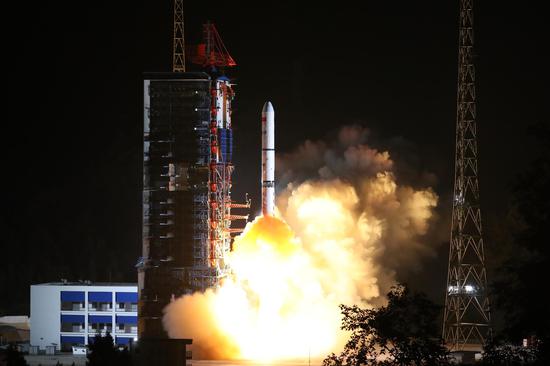




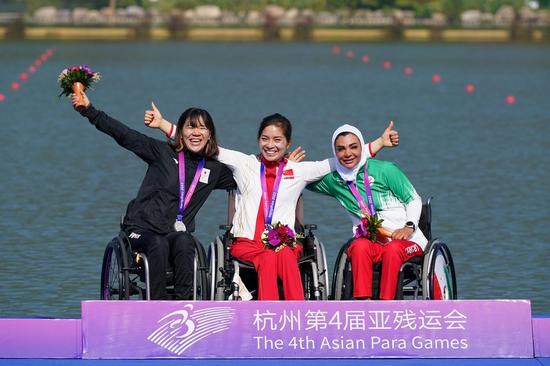

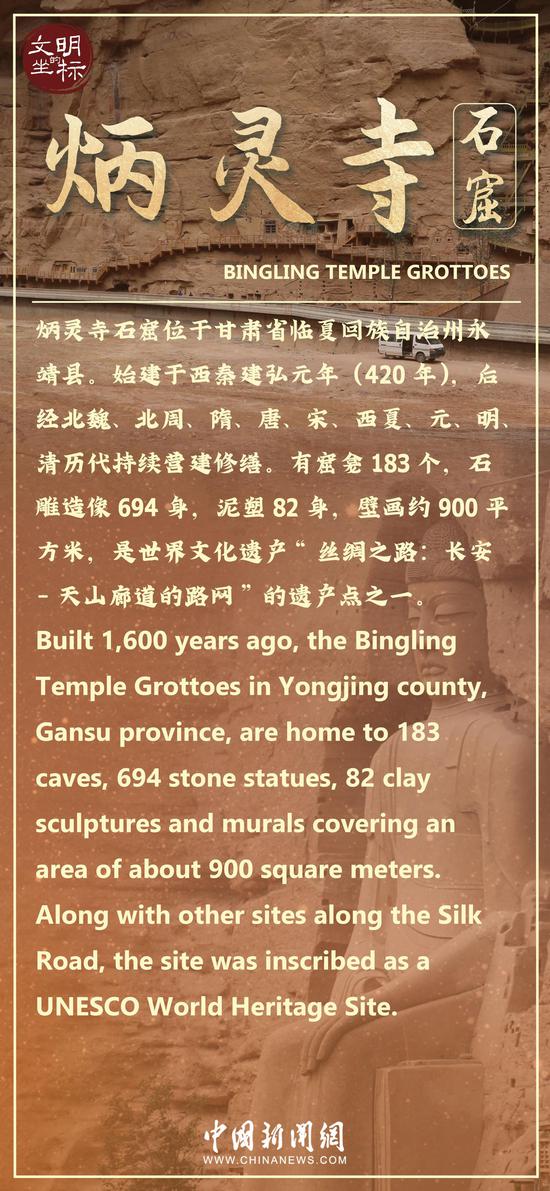
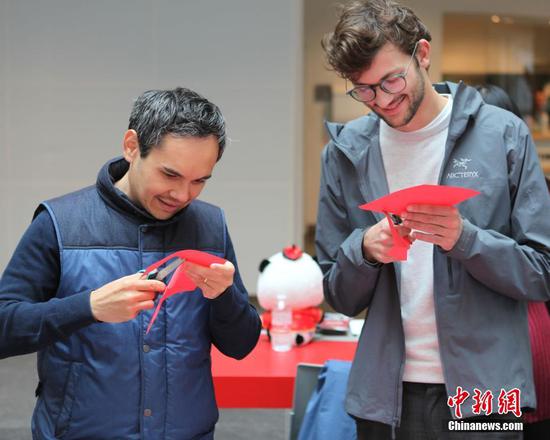
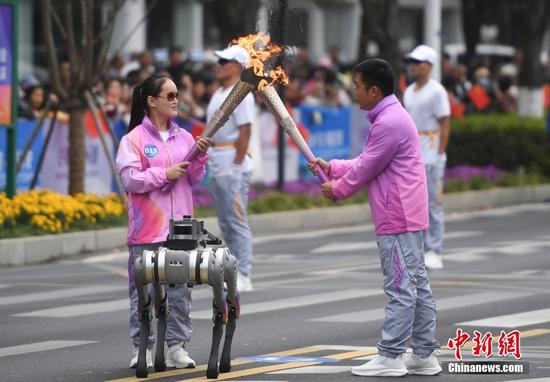







 京公网安备 11010202009201号
京公网安备 11010202009201号